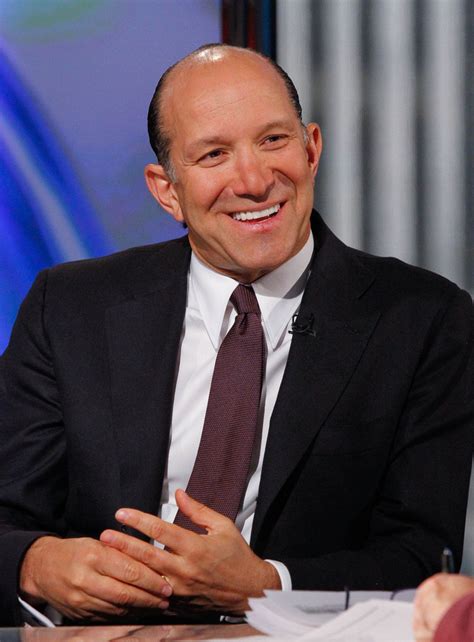A Quote by Charlie Munger
In the 1930s, there was a stretch where you could borrow more against the real estate than you could sell it for. I think that's what's going on in today's private-equity world.
Related Quotes
What's fascinating . . .is that you could now have a business that might have been selling for $10 billion where the business itself could probably not have borrowed even $100 million. But the owners of that business, because its public, could borrow many billions of dollars on their little pieces of paper- because they had these market valuations. But as a private business, the company itself couldn't borrow even 1/20th of what the individuals could borrow.
Today the strategies of many companies in the real estate industry are premised on low interest rates, an assumption that has resulted in the rapid expansion of the real estate securitization business. This trend could be regarded as a risk factor, as it exposes the real estate sector to at least three potential problems: first, interest rate hikes; second, revisions to securitization business accounting standards; and third, overheating in the real estate market.
The pressure to perform is relentless in today's workplace - regardless of where you work. We are all being asked to do more with less. I think what we could borrow from the culture of Silicon Valley is "eat your own dog food ." That is an expression used by tech types to mean using what you make or sell.
I grew up in the 1920s and 1930s in a nouveau riche world, where money was spent wildly, and I'm still living in one!... The private schools are all jammed with long waiting lists; the clubs -- all the old clubs -- are jammed with long waiting lists today; the harbors are clogged with yachts; there has never been a more material society than the one we live in today.... Where is this 'vanished world' they talk about? I don't think the critics have looked out the window!
The problem is that you're creating a system of bubble finance where interest rates are so low that people can speculate. An asset value goes up. You put it up as collateral. You borrow against it. You buy more of the asset. You then take the rising asset. You borrow against it again. This is the nature of what's going on in the world. This isn't an excess of real savings. This is an excess of artificial credit that's being fueled by all the central banks.
Now the Japanese companies are more focused on that. To have two independent directors - I think it's good to have outside people look at you and think of what you could be doing better. Those are voluntary, but most of the companies told me they're going to do it. And I think it's good for them to say our returns on equity, for example, should be higher. Also, I think some could be more ambitious.


































